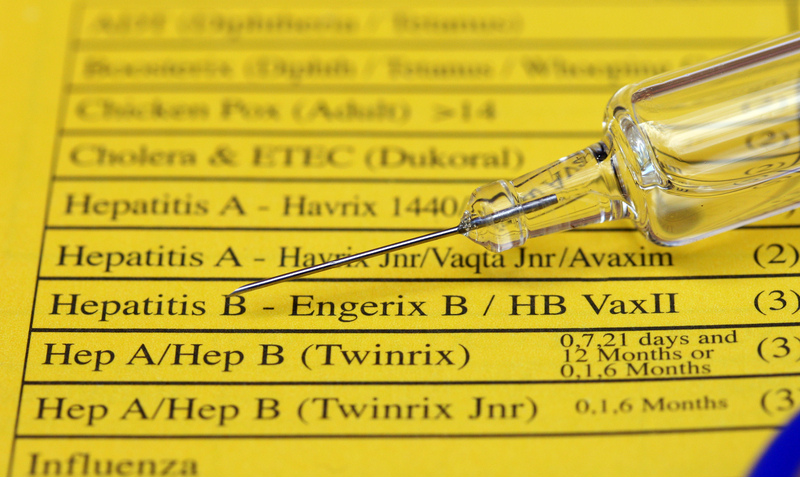MEDLINE
Hispanic Men Diabetes Prevention: Barriers to NDPP Engagement | fyh.news
Hispanic men diabetes prevention is a critical public health issue, as Hispanic men face higher rates of diabetes yet participate less in preventio...
AI/AN Mortality and Life Expectancy Misclassification | Fyh.news
This study focuses on AI/AN mortality, life expectancy, and racial misclassification, revealing how errors on death certificates cause underreporti...
Gastrointestinal Cancer Trends in AANHPI vs NHW Populations
AANHPI cancer trends highlight critical disparities in gastrointestinal cancer incidence across diverse racial and ethnic subgroups. This study dis...
Structural Racism and MS Outcomes | FYH.News
Structural racism and multiple sclerosis are more connected than many realize. In the U.S., Black and Hispanic communities face faster MS progressi...
End-of-Life Care for AI/AN Patients: Hospice and Hospitalization Gaps
Background: American Indian and Alaska Native (AI/AN) adults experience higher rates of chronic diseases and mortality than non-Hispanic White (NHW...
Breast Cancer Screening Participation in Underserved Women | FYH
Breast cancer screening participation remains a global challenge, especially among underserved populations. With over 2 million cases diagnosed ann...
Trending Topics
Features
- Drive Toolkit
Download and distribute powerful vaccination QI resources for your community.
- Health Champions
Sign up now to support health equity and sustainable health outcomes in your community.
- Cancer Early Detection
MCED tests use a simple blood draw to screen for many kinds of cancer at once.
- PR
FYHN is a bridge connecting health information providers to BIPOC communities in a trusted environment.
- Medicare
Discover an honest look at our Medicare system.
- Alliance for Representative Clinical Trials
ARC was launched to create a network of community clinicians to diversify and bring clinical trials to communities of color and other communities that have been underrepresented.
- Reducing Patient Risk
The single most important purpose of our healthcare system is to reduce patient risk for an acute event.

















